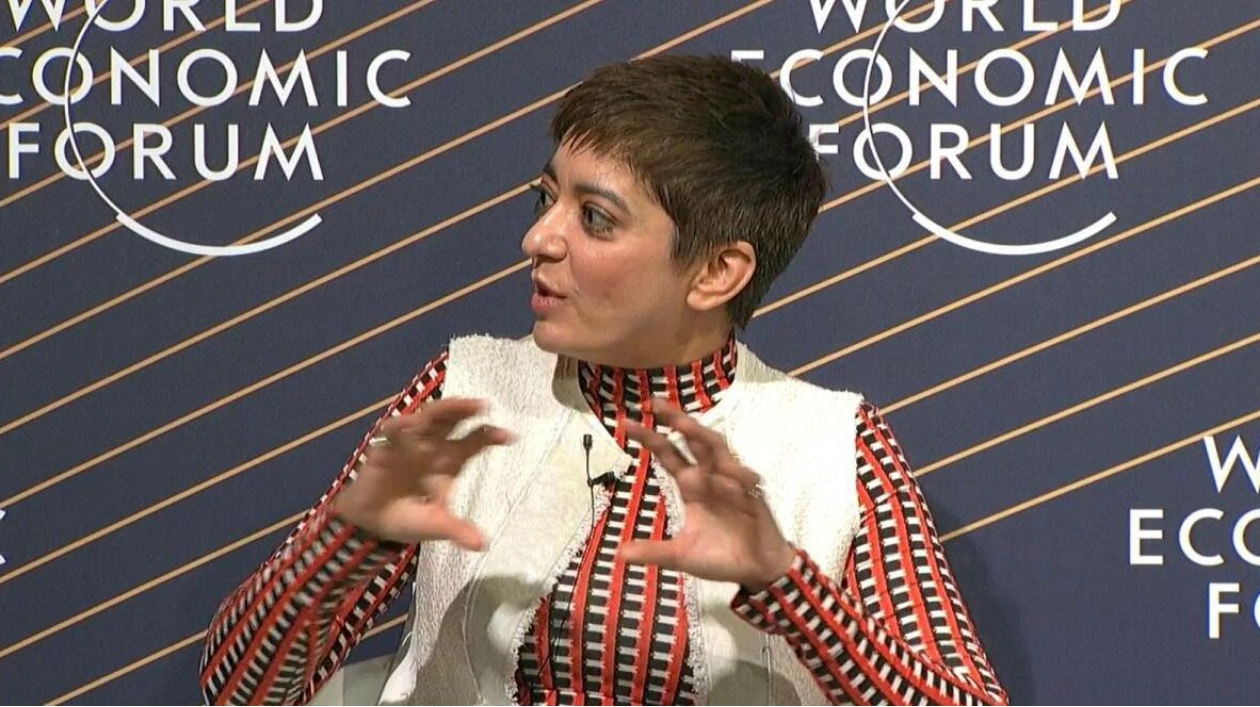To thrive in today's competitive market, businesses must be agile and diversify their offerings. They need to strengthen customer connections and enhance engagement through more personalized services. Technology is pivotal for organizations aiming to explore new opportunities across various sectors. Mastercard, a leading payments technology company, plays a crucial role in this arena by aiding businesses in getting closer to their customers and expanding their service portfolios. Beyond traditional banking and finance, Mastercard collaborates with telecom operators, retailers, e-tailers, digital service providers, mobility platforms, food delivery services, travel sites, governments, and fintech startups.
"Technology is empowering consumers with greater choice, personalized offers, and seamless interactions. By addressing consumer pain points, leveraging our expertise, and utilizing the extensive reach of our network, we have been crafting strategic digital transformation plans that add value," explains Amnah Ajmal, EVP, Market Development, Eastern Europe, Middle East, and Africa, Mastercard. "Our suite of integrated services and solutions is fostering new business opportunities, enhancing loyalty, securing digital systems, improving decision-making, providing insights, and creating opportunities beyond payments."
Mastercard's strategic partnership with e& exemplifies how the company's technological prowess can elevate consumer engagement. e& is embarking on a bold digital transformation journey, and Mastercard is supporting this by integrating digital payment services that enhance value and user-friendliness, such as enabling instant payments globally, both in-store and online. In the retail sector, a strategic approach to digitalization is also crucial. As consumers seek more options and convenience, retailers must adopt omnichannel payments to meet these demands and capitalize on multiple consumer touchpoints—both physical and digital. Given that e-commerce is projected to be the fastest-growing retail channel, accounting for about 24% of retail sales by 2027, a robust electronic payments strategy is essential for retailers.
Over the past decade, retail technology has evolved from digital, virtual, and social commerce to contactless and even biometric checkout. Alongside this technological evolution, consumer expectations for personalized and engaging retail experiences have significantly shifted. Generative AI tools have been instrumental in enhancing product discovery, search functions, and overall user experience. Loyalty programs are another avenue through which retailers are improving consumer experiences, such as suggesting products based on past purchases and rewarding repeat transactions. In a recent collaboration, Mastercard is partnering with Alshaya Group to expand its loyalty program, Aura. This includes the launch of a co-branded Aura credit card in multiple markets over the next two years, including Kuwait, Saudi Arabia, the UAE, and Qatar. This partnership aims to boost the retail sector's growth in the GCC region and provide additional benefits to the 8.3 million Aura members across over 70 brands in various sectors like dining, fashion, beauty, and homeware.
"For us, it's about empowering the retail sector. We understand that retailers want insights into how the evolving shopping experience affects today's consumers," adds Ajmal. "We are excited to add value to Alshaya Group by enhancing the shopping experience through the Aura loyalty program, leveraging our technology, insights, data analytics, and global expertise."
One of the most effective tools for retailers to understand consumer demands is Mastercard's SpendingPulse, a platform that combines historical and real-time spending data to provide insights and forecasts. It enables retailers to make informed decisions with market intelligence that measures in-store and online retail sales across all payment methods. Additional features include industry benchmarks for comparing sales data, identifying key sales days, and highlighting trends and outliers in the retail industry, which can be crucial for various operational functions within retail, such as planning marketing investments, expansions, or consumer incentives.
As more non-traditional finance companies focus on payments to enhance engagement and loyalty, the main challenge is creating new experiences that offer a range of personalized and contextual services within platforms. "It's also crucial to build trust in digital payments through advanced cybersecurity solutions and innovation. AI excels in identifying patterns and combating financial crime, and these objectives are paramount for most organizations today," says Ajmal. "At Mastercard, we continue to explore new technologies like AI to develop personalized and contextual value propositions, shaping the future of commerce, solving real business challenges, and simplifying people's lives."






